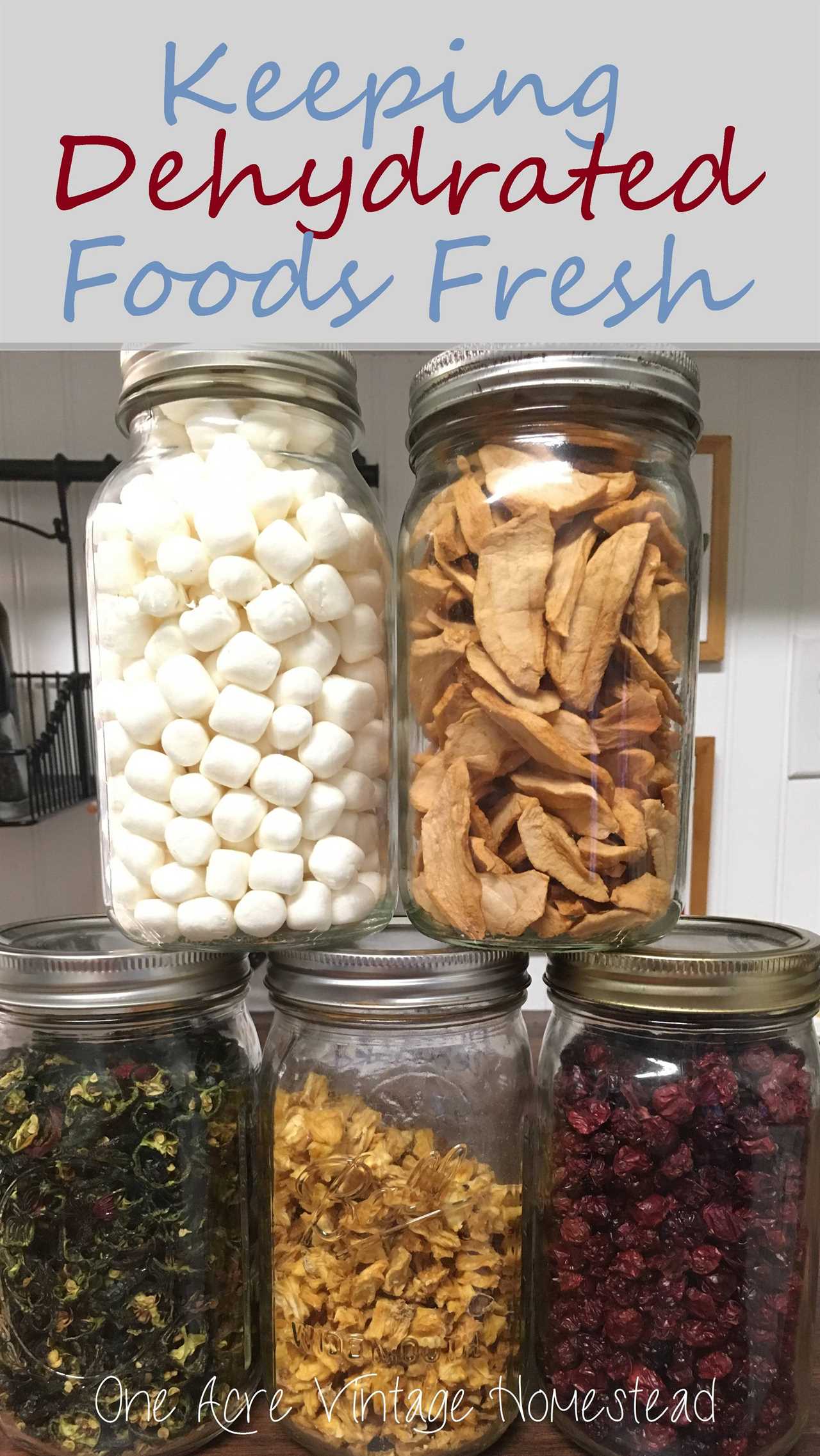
Food Dehydrating Tips - A Food Dehydrator Guide
Before you dehydrate food, you need to know how long it will keep. Fruits and vegetables are best stored for several months at room temperature, but you can also store them for longer periods of time. In addition to dehydrating fruits and vegetables, you can freeze them. Once dehydrated, these foods are ready for use in many recipes. However, they may need a few steps of rehydration before they can be used as part of a meal.
First, make sure you use clean equipment when dehydrating food. You need to be sterile when using a dehydrator, so that no bacteria, mold, or yeast will multiply. This prevents bacteria and yeast from multiplying and spoiling the food. Unlike when freezing or storing food, you don't need to wear a sterile gown when dehydrating, but you should wear disposable gloves to avoid contamination.
Another benefit of dehydrating food is that it is very portable and lightweight. In the event of a disaster, it can be easy to bring your dehydrated food with you. Since it requires only water and heat to rehydrate, it can be easily carried anywhere. In addition, it is an excellent way to stay away from fast food restaurants. The only disadvantage to dehydrating your food is its shorter shelf life. This is the only disadvantage of dehydrating foods.
To dehydrate food, follow specific instructions. Always read the instructions on the package before preparing your foods. Once you have dehydrated your food, you can store it in clean glass jars or freezer-safe containers. If you want to store it for later, you can store it in a vacuum-packaging machine. Just remember to remove the pieces as soon as you finish. Once you are done, your food will be ready to be enjoyed!
It's easy to dehydrate food yourself. You don't need to have a kitchen or a large area to set up your dehydrator. All you need is scrap wood and window screening and you're all set. The only downside is that it will take longer to dry your foods than a grid-dehydrated one. But you won't have to worry about spoiling your food if you follow these guidelines.
If you want to dehydrate your food for storage, you can also make fruit leather or banana chips. These are two great choices for snacks and are made with healthy ingredients. And they will last longer than regular snacks. You can dehydrate your food with no hassle! You can even make a meal out of it. The best thing about it is that it is ready to eat, no preparation required. This way, you can make it your own survival snack.
Another good reason to dehydrate your food is to save money. You'll save money and enjoy the convenience. You can also enjoy the benefits of dehydrated foods. They're more flavorful than fresh foods, and they're easy to rehydrate. Moreover, you'll be able to dehydrate them quickly and easily. In addition to saving money, you'll also be able to dehydrate your food at home.
Always check our latest articles at...
https://outdoorsnewswire.com/survivalist
 CampingSurvivalistHuntingFishingExploringHikingPrivacy PolicyTerms And Conditions
CampingSurvivalistHuntingFishingExploringHikingPrivacy PolicyTerms And Conditions
